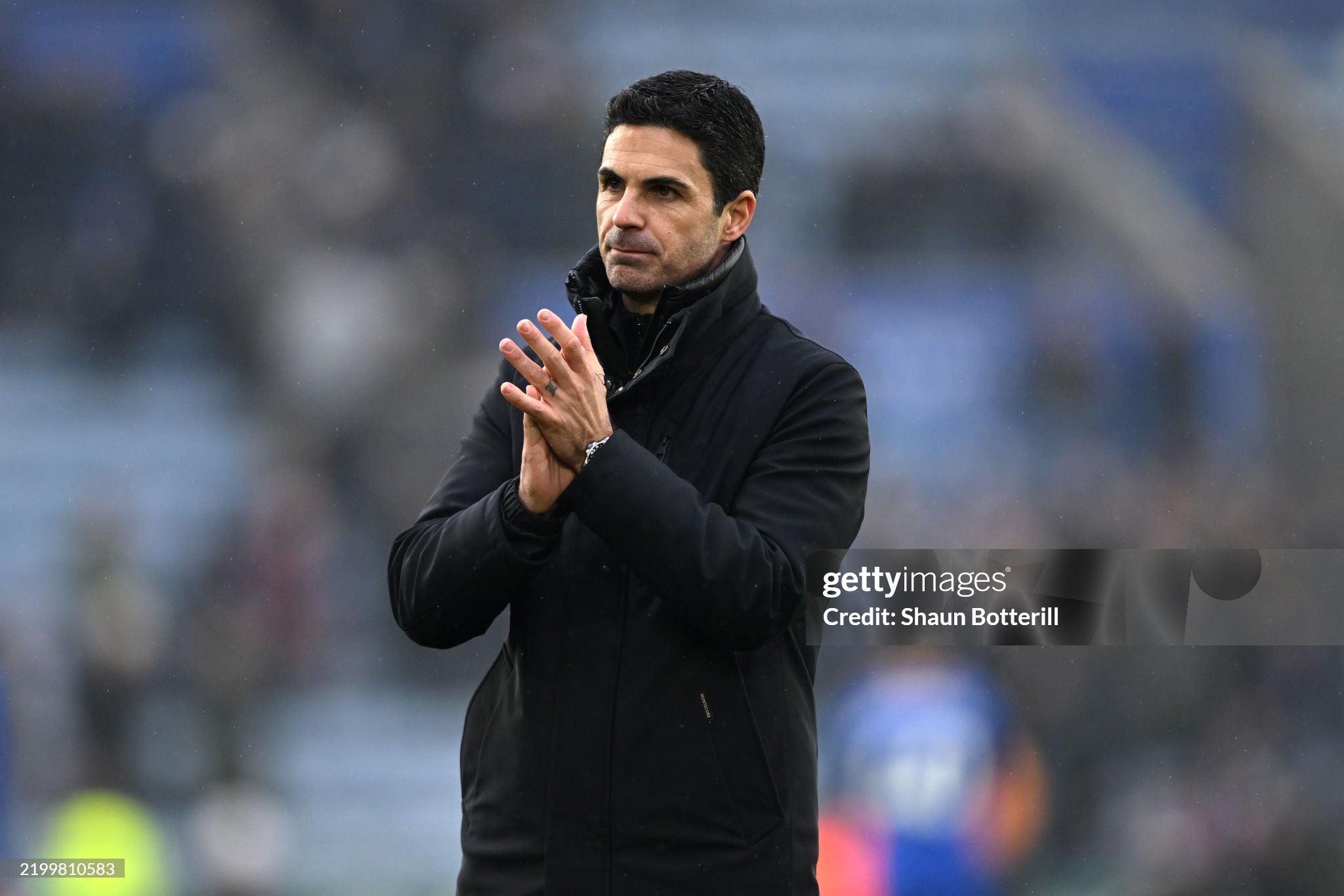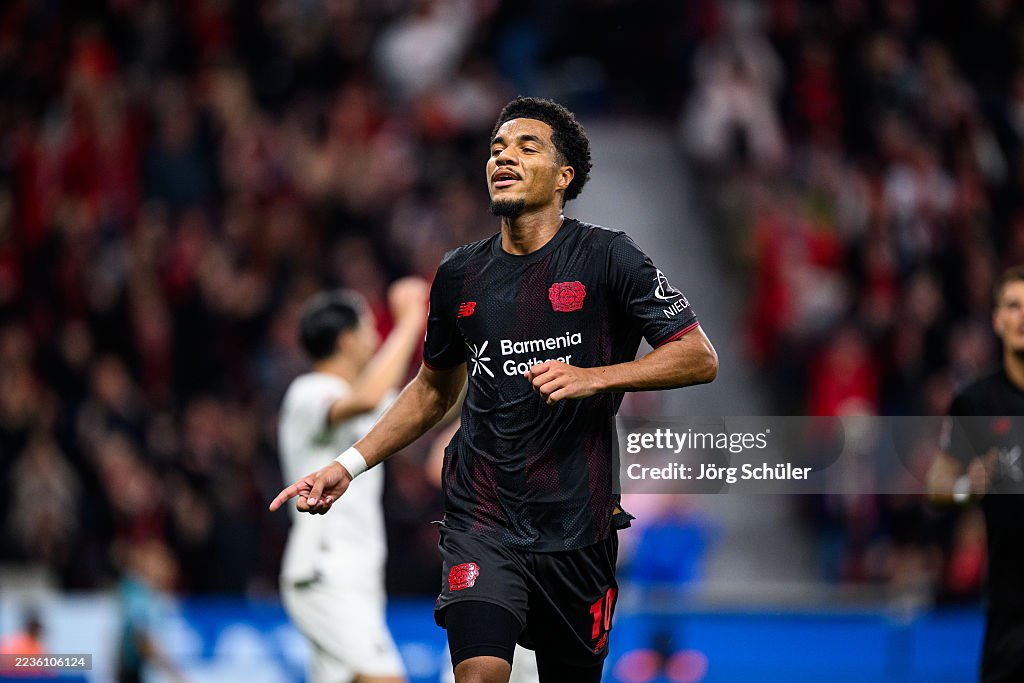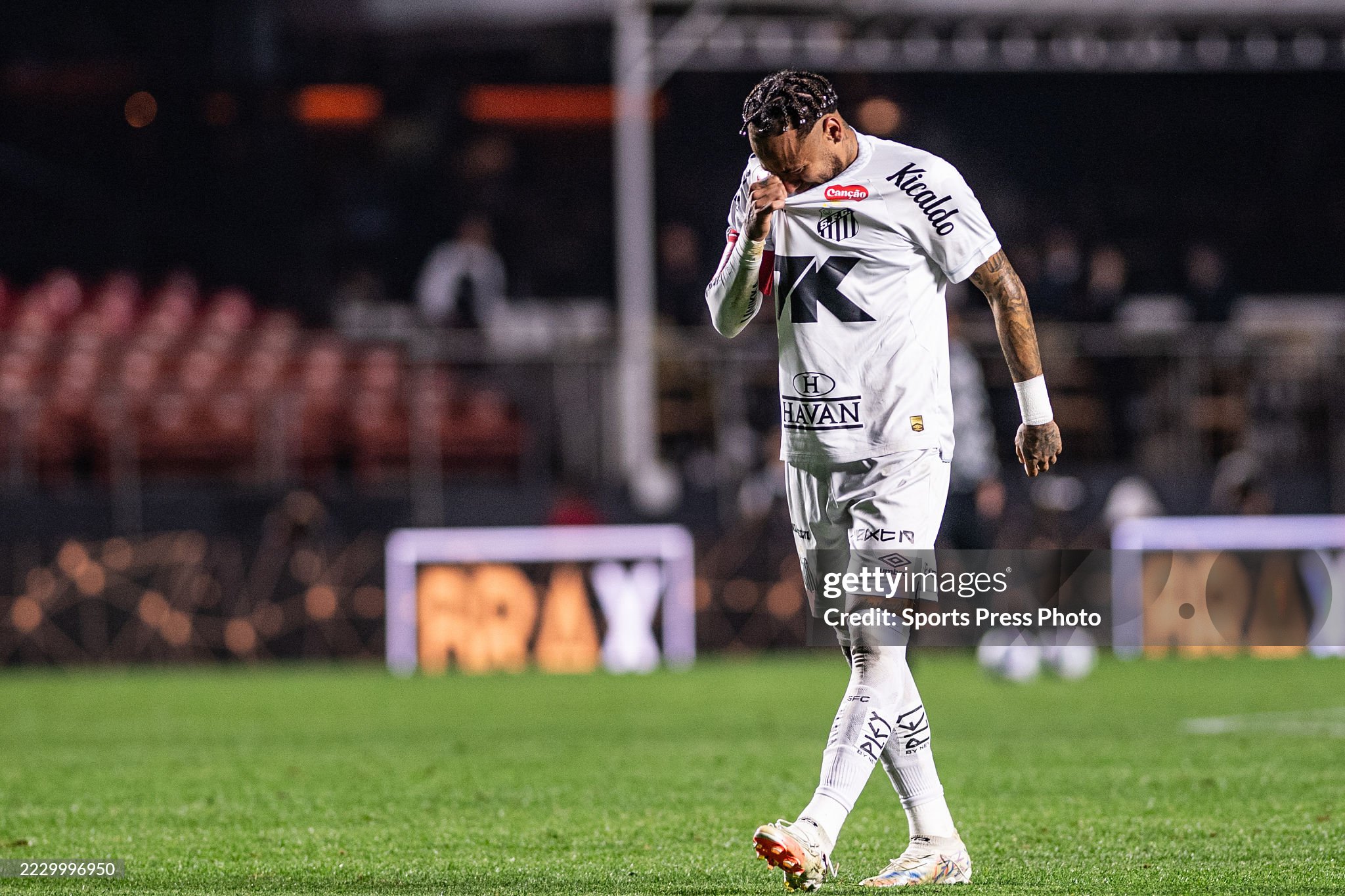At the Spanish federation, they did not understand Hansi Flick's recent comments at all. The Barcelona coach was furious with the federation after Lamine Yamal returned injured from the international break.
Lamine Yamal has still not featured for Barcelona since the early September international break, when he took part with Spain against Bulgaria and Turkey.
At just 17 years old, the prodigious winger is already one of the brightest talents in European football, but his recent absence has sparked a dispute between his club and the Spanish federation. Barcelona head coach Hansi Flick openly expressed his frustration last week, insisting that Yamal was already struggling physically before joining La Roja and should not have been used. Flick claimed that the youngster avoided training during the camp in order to be fit enough to play, only to return to Catalonia injured and unavailable for club duty.
The situation has left Barcelona short of one of their most creative attacking options at the start of the season. Yamal, who last year became the youngest player ever to feature and score for Spain, had been expected to take on a bigger role in the Barça attack following the departures and injuries within the squad. Instead, he has spent the last few weeks recovering, with the club opting for caution given the sensitive nature of his groin problem.
The Spanish federation, however, firmly denies any wrongdoing. "It surprised me," said Aitor Karanka, the federation’s football director, in an interview with AS. "As far as I know, communication with the clubs has always been excellent. The medical department was not aware of any problem in his groin area. The most important thing now is that he is almost fully recovered and that we will see him back on the pitch. That is all we want." Karanka’s words highlight the gap between the federation’s stance and Flick’s accusations, with both sides eager to protect their reputations while placing responsibility on the other.
Karanka also defended the way the national team staff handled the teenager. "Every coach has his own way of managing players," he explained. "When Lamine was substituted, he was unhappy twice. That shows how much he wanted to play. And there was no information from Barça that he was carrying an injury when he returned to the club." His comments underline a key point of contention: whether Barcelona had informed Spain of any issues before the call-up and whether the federation took the right precautions with such a young talent.
Since his return from international duty, Yamal has missed several important fixtures. He was unavailable for the league games against Valencia and Getafe, both of which Barcelona managed to win, and he also sat out the Champions League group stage opener against Newcastle United. Although Barça collected three victories without him, his absence was still felt in terms of unpredictability and width. Flick has relied heavily on other forwards, but Yamal’s direct dribbling and ability to stretch defenses are difficult to replace.
The broader concern for Barcelona is that Yamal’s groin problem could linger if not handled carefully. Flick has insisted on a cautious approach, aware of how injuries at a young age can hamper long-term development. Barcelona’s medical team has been working closely with him to ensure full recovery before his return to competitive action. For now, he is expected to miss Thursday’s Copa del Rey fixture against Real Oviedo. Optimism remains, however, that he could be ready for the weekend’s clash with Real Sociedad a match where his creativity and spark could prove decisive.
This tug-of-war between club and country over Yamal is not new in world football, but it is particularly sensitive given his age and status. At just 17, he is already under enormous pressure, hailed as Barcelona’s next superstar and a cornerstone of Spain’s future. Managing his minutes, fitness, and workload has become a balancing act between two institutions, each with its own priorities. For Spain, his presence boosts their attacking power and adds excitement for fans. For Barcelona, protecting their young gem is paramount, both for the current season and for the years to come.
The debate also raises questions about how federations and clubs coordinate the management of young players who are still developing physically. Flick’s criticism highlights his belief that the federation placed short-term gain over long-term responsibility, while Karanka’s rebuttal stresses transparency and cooperation. As the discussion continues, the one person caught in the middle is Yamal himself, eager to play and showcase his talent but dependent on decisions made by others about his body.
Looking ahead, Barcelona will hope that the situation calms down and that Yamal returns to the pitch soon without further setbacks. His potential remains enormous, and his presence can elevate Barça’s attack in both domestic and European competition. The coming weeks, particularly the fixtures against Real Sociedad and the next round of Champions League matches, will reveal whether the club’s cautious approach pays off.
For now, the controversy serves as a reminder of the fine line between nurturing a generational talent and overexposing him. With his career still in its infancy, how Barcelona and Spain handle Lamine Yamal’s development could have lasting consequences.







